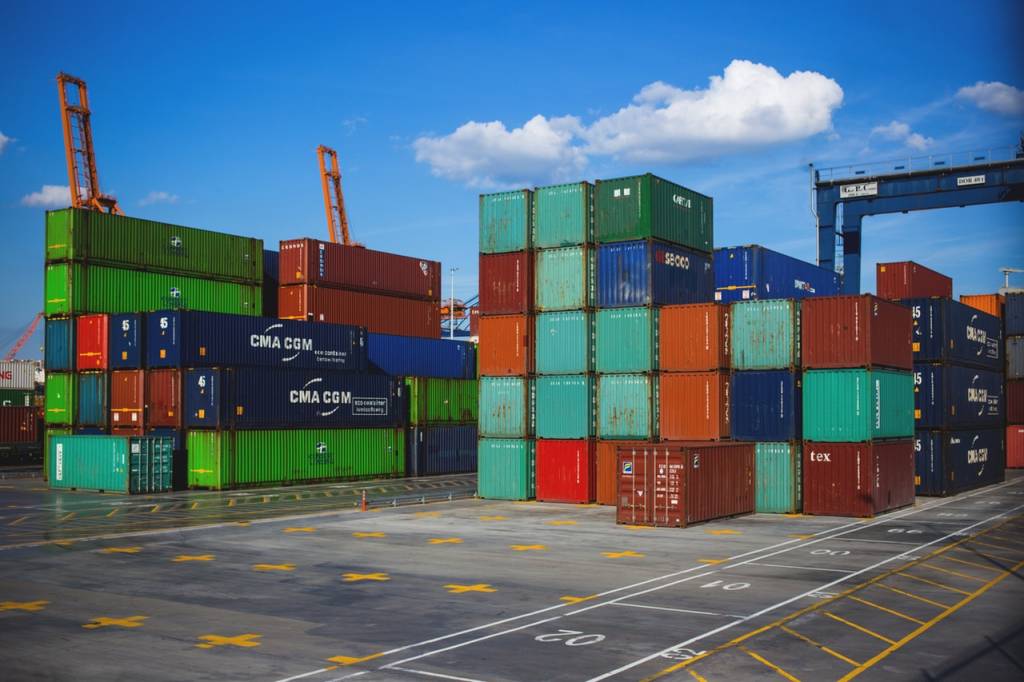China has been world’s largest steel consumer for decades. In 2017, the positive market performance on steel consumption through the year brings 3% to 4% increase in China steel demand.… read more →
Renewable energy, and the rational choice of project finance to fund it. “Earth’s global surface temperatures in 2017 ranked as the second warmest since 1880.” (Source: NASA) This is equivalent… read more →
Currency markets and currency conversions are often complicated, but by understanding the basics, looking at bank forecasts and looking at how exchange rates can affect a businesses bottom line is… read more →
Over the past few years, China has maintained steady growth to help generate the global economy. This rapid growth can be attributed to numerous factors. One of the most important… read more →
With less than 6 months to go, the clock is ticking – it is now imperative that those working in international trade prepare for the impact of the EU’s General… read more →
Shipping products, goods and cargo overseas can be tricky business, but if done correctly, can be fruitful and profitable for those businesses looking to grow. It goes without saying that… read more →
Jakarta is the largest metropolitan city in all of Southeast Asia making it a very attractive city to start a business in. With a population of just over 10.5 million… read more →
The past year has certainly been momentous for many major markets, particularly in the UK and the US, where the vote to leave the European Union and the election of… read more →
2017 was the year of the bull market. While not all indexes experienced gains there were several victors across different sectors. Dow Jones, S&P 500, and Nasdaq all saw record… read more →
China has long been criticized for its continually increasing trade surplus. What are the main reasons contributing to this long-lasting surplus? What are the impacts on other countries and what… read more →






















